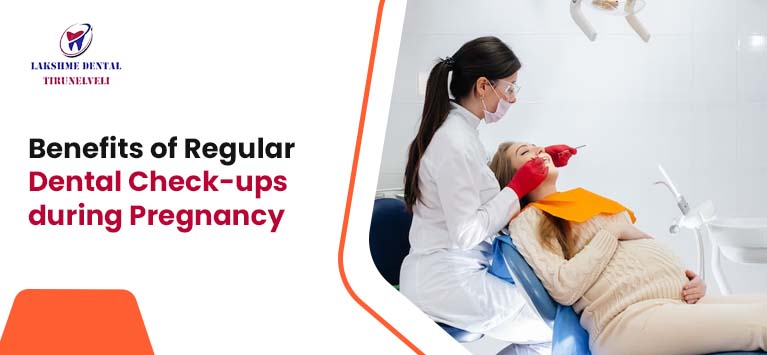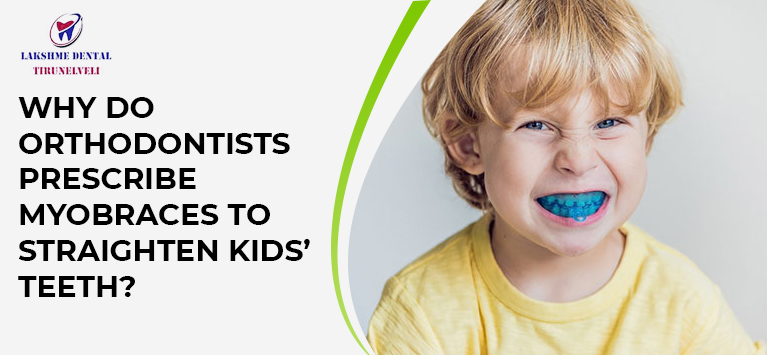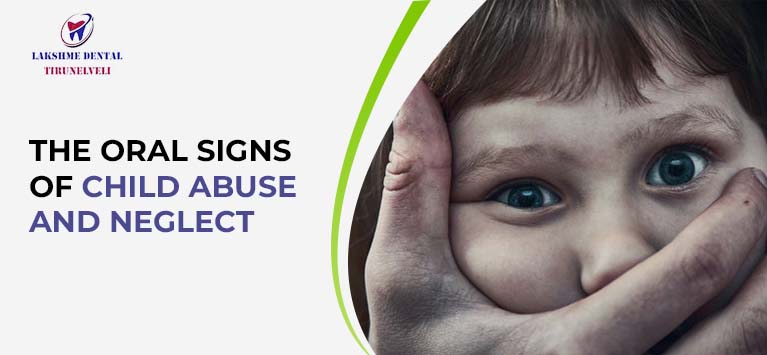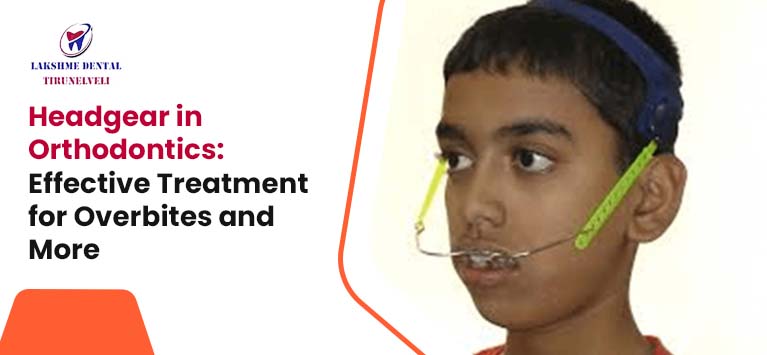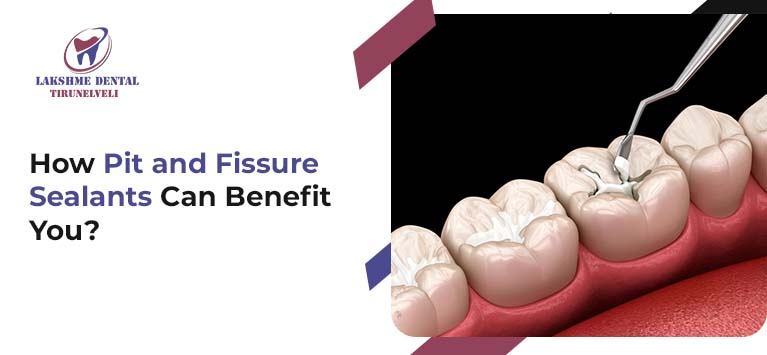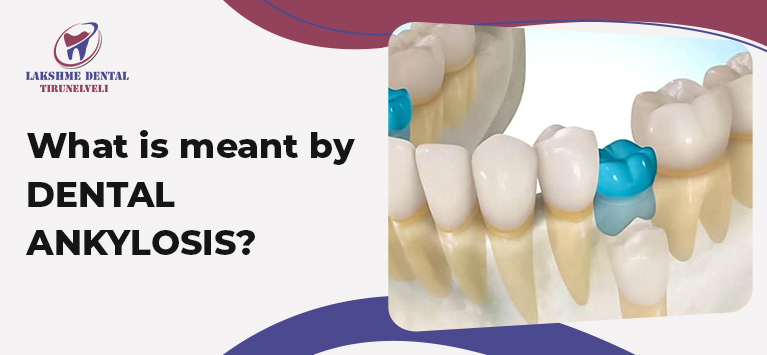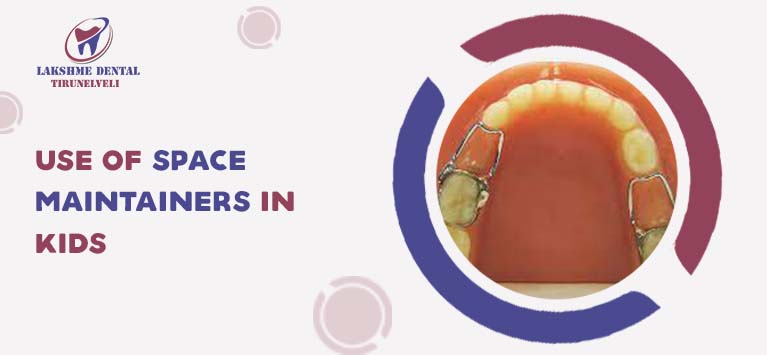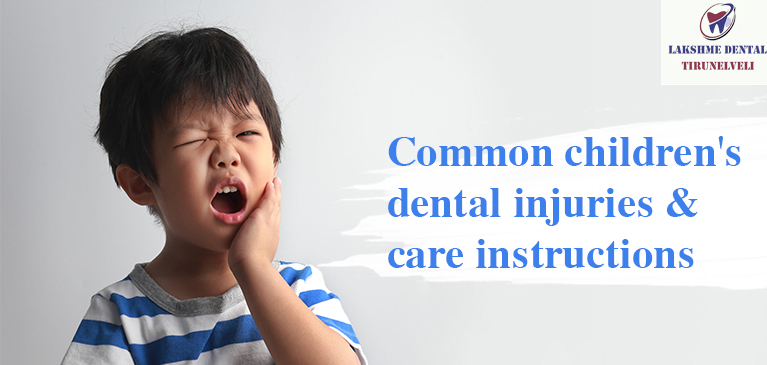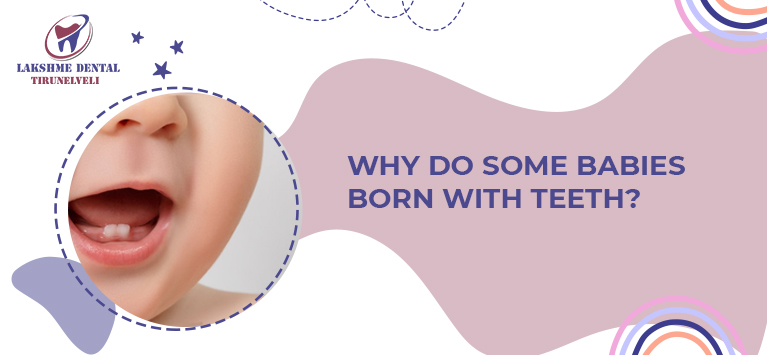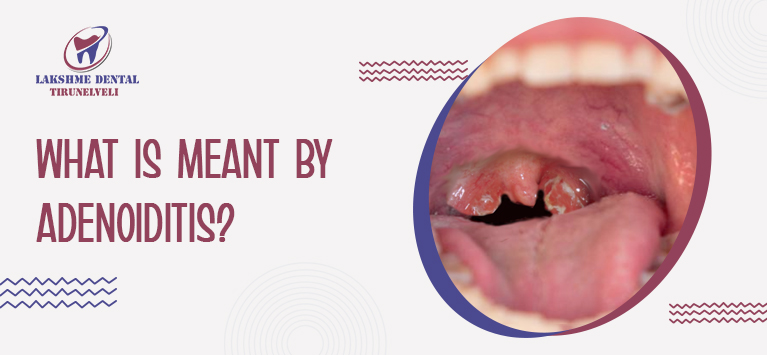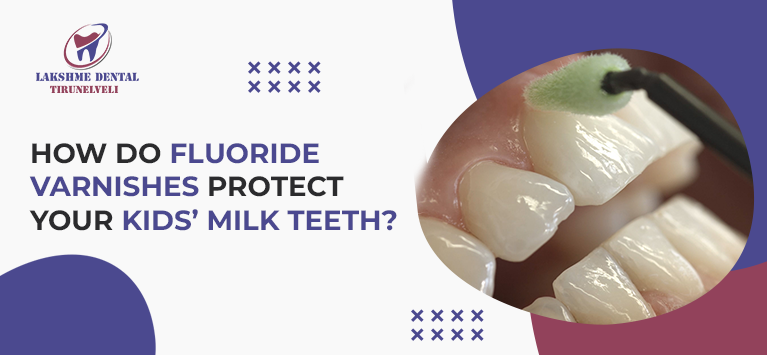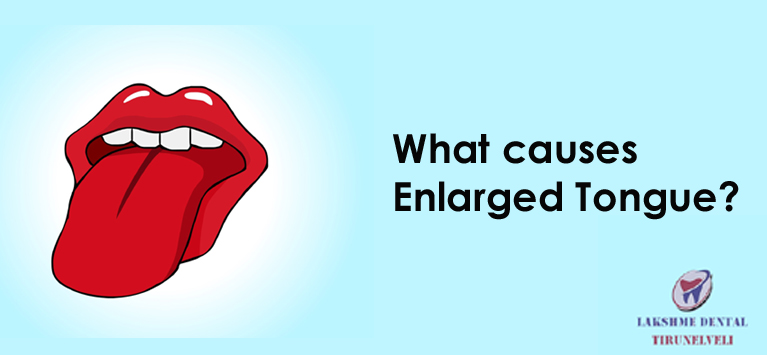
What causes Enlarged Tongue?
Enlarged tongue (or) Giant tongue is an atypical oral condition that makes a tongue appears larger than the actual size. As the tongue is disproportionately large for the mouths, the tongue protrudes beyond the teeth. It is commonly seen in certain kids and young adults. Dentists refer this condition as Macroglossia.
In general, the enlarged tongue occurs as an effect of the underlying disorders. On the other hand, few people have enlarged tongues since their birth due to genetic disorders. Whatever the cause is, it should be fixed immediately.
Otherwise, the enlarged tongue has its harmful impacts like abnormal development of jaw bone and teeth, obstructing the airway, speech impediment, etc. Luckily, this condition can be diagnosed and treated with appropriate medical therapy.
What causes Macroglossia?
The enlarged tongue occurs as a result of various factors. Depending on the causes, this condition is categorized into two types as:
1) True Macroglossia
2) Pseudo Macroglossia
True Macroglossia – It includes the tongue abnormalities that are present from birth. Such common congenital factors include:
• Beckwith-Wiedemann syndrome
• Acromegaly, primary amyloidosis
• Down syndrome
• Congenital hypothyroidism
• Hemangioma
• Lymphangioma
• Idiopathic muscle hypertrophy
• Apert syndrome
Pseudo Macroglossia – This condition does not have any histologic conditions but the tongue enlargement occurs as a result of oral problems, muscular problems, certain traumatic conditions and others as listed below:
Inflammatory causes
- Dental infection
- Calculus
- Tuberculosis
Traumatic causes
- Postoperative Edema
- Hematoma
Muscular causes
- Muscular hypertrophy complications
What are the potential side effects of the enlarged tongue?
It occurs because of the unproportional room for tongue in the mouth and it is followed by intervening the facial bones that are still growing in kids. Hence people who have macroglossia since their infanthood are at risk of various oral complications as listed below:
- Breathing difficulties
- Speech problems
- Abnormal jaw bone development
- Crooked or crowded teeth
- Tongue sores
- Pie crust tongue
- Mouth breathing
- Sores at the side of the mouth
- Difficulties in chewing foods
Diagnosis of Macroglossia
Macroglossia treatment begins with identifying the underlying cause of this condition. It mandates the dentists to perform blood tests and imaging systems like X-rays. In certain cases, family history and appropriate physical medical testing are required.
As there is a multitude of potential factors associated with the enlarged tongue, the tests differ.
What are the treatment options available?
Your dentist will prescribe either standard or surgical therapies once they identified the root cause of this problem. If the giant tongue occurs because of congenital problems, then the surgical procedures to reduce the tongue size which is termed as Glossectomy.
On the other hand, if the problem arises as secondary as a result of traumatic conditions or oral disorders, the customized treatment to cure the primary disorder can also cure the giant tongue. Meanwhile, people with mild cases of macroglossia do not need surgical procedures but they need appropriate orthodontic treatments and speech therapies.
Remember that enlarged tongue treatment varies depending on the cause and you can find the right solution only when you visit a dentist.

